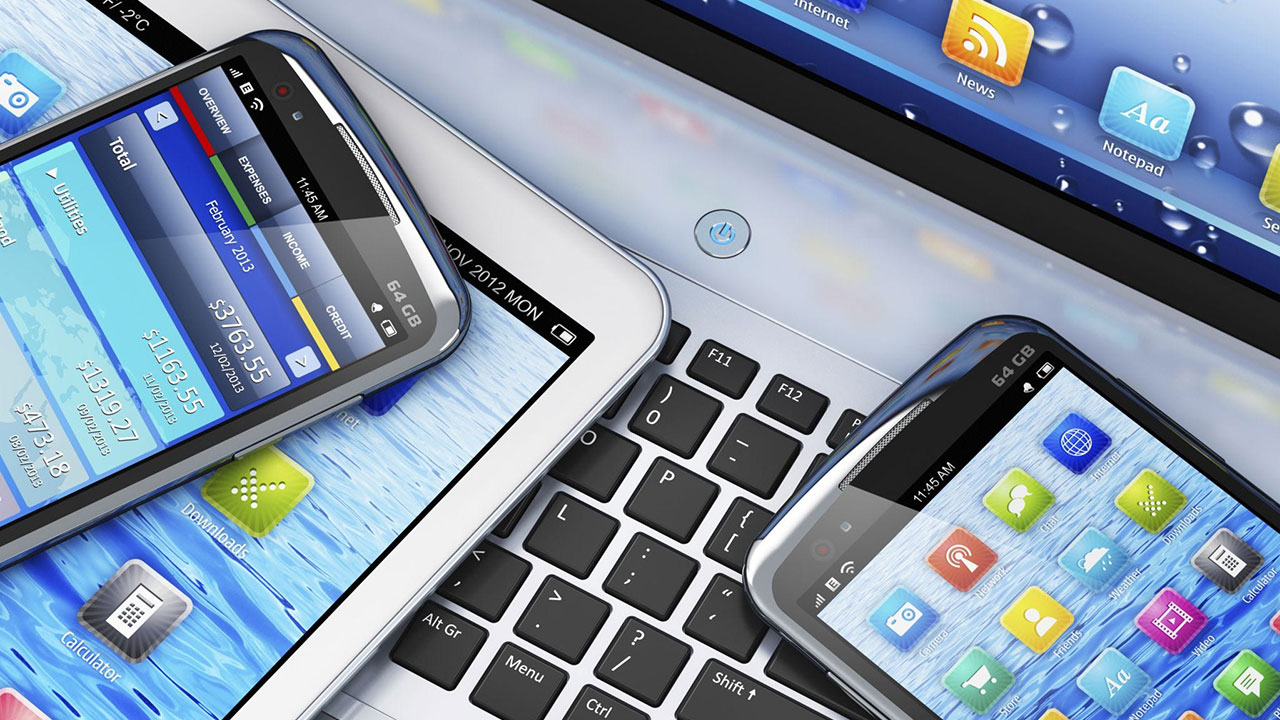The Bring Your Own Device (BYOD) revolution that is driving change within Enterprise IT departments is merely the tip of the iceberg of a greater trend in the consumerisation of IT that is happening today.
As the Bring Your Own (BYO) revolution continues to expand, IT departments will shift their focus from simply managing back-end systems to focusing on how to make the people within their organisations more productive and collaborative. Those companies who best understand how to leverage the people-centric environment will increase their chances of success moving forward.
In the corporate business environment where Return On Investment (ROI) is everything, managers will go to great lengths to justify the ROI on software projects, often neglecting the true impact of the ROI from increased employee productivity.
While BYOD has received the bulk of the publicity, the BYO phenomenon is impacting all areas of IT, not just devices. Other forms of BYO include BYOS – Bring Your Own Software, or BYOA – Bring Your Own Applications as it is sometimes know. In addition, we also have BYOF – Bring Your Own Files which is being supported by services such as Box and Dropbox.
Users will no longer wait for their IT department to give them a software program or access to a file server, they will just find a way to do it all them selves, download the app, share the files on Dropbox etc, all of the time circumventing the companies security policies. Users now want IT-related issues handled on-demand and if they can’t get it from the company, they will find a way to do it themselves.
While BYOD is a remarkable trend, these other IT trends are remaking how Enterprise IT departments look, work and function – and they are all being done with a user-centric focus.
The consumerisation of IT is expanding the use of technology within organisations at a rapid rate, faster than at any other time in history. While the emphasis historically for Enterprise IT departments was on core business systems, today’s focus is on the people and how they can be made more productive and collaborative.
The one benefit for companies with this fast change is that those developing Enterprise mobile apps for business functions are seeing the ROI for mobile app development pay back at a faster rate than for traditional software projects, which should ensure that the technology revolution continues, to the benefit of all.

